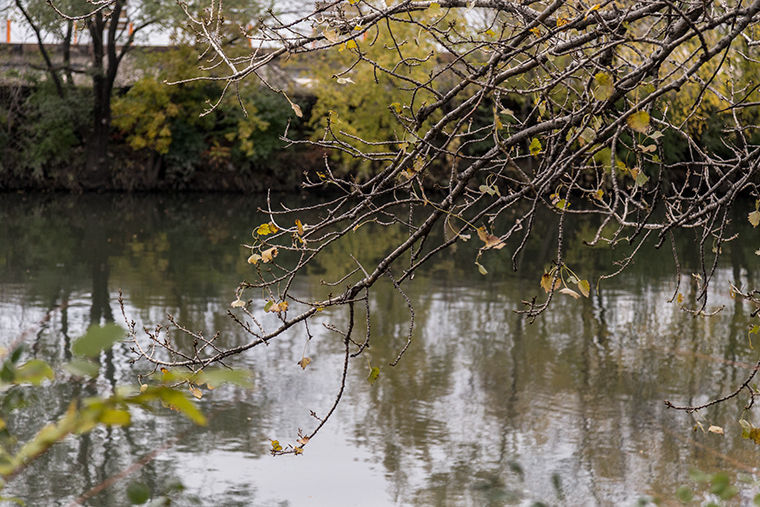Bubbly Creek oil spill not anything new
November 6, 2017
An oil spill caused by an unknown source has occurred in Chicago’s Bubbly Creek—the southern fork of the Chicago River’s south branch—but the spill should have been be expected for the Great Lakes area, according to local experts.
The 1.5 mile oil spill in Bubbly Creek was first spotted in Bridgeport Oct. 26, and the source of the spill is still unknown, according to Environmental Protection Agency investigators. An Oct. 30 update by the EPA’s website, said four turtles, one Canada goose, one seagull and 43 fish were killed in the spill. Also, 90 percent of cleanup is done and the rest should be completed in the second week of November.
Some reports indicate the spill happened as early as Oct. 23, but residents hesitated to alert the EPA until a few days later, according to Margaret Frisbie, executive director of Friends of the River—the only organization dedicated solely to preservation of the Chicago River. The EPA would have an easier time diagnosing the origin of the spill if it had been reported earlier, she added.
“It’s a tragedy to have something like that happen when we’ve made so much progress cleaning up the river,” Frisbie said. “It endangers wildlife, and it could harm people.”
Oil spills have lasting impacts on marine life by damaging their insulating abilities, according to the National Oceanic and Atmospheric Administration.
“Right now, birds are in the process of migrating … that’s going to be the most serious impact, [rather than] any general impact on general water quality,” said John Sloan, a watershed scientist at National Great Rivers Research and Education Center.
Oil spills occur more frequently than people think, and it is only a matter of time until another happens, Sloan said. There are preventative measures, but equipment malfunctions, tools fail and human error is always a possibility, he added.
“As long as we rely on fossil fuels for our primary energy source, [oil spills will] continue to happen,” Sloan said.
The National Oceanic and Atmospheric Administration responded to seven oil spills in the Great Lakes area in 2014 alone, including a major Lake Michigan oil spill in 2014. In 2010, 250,000 gallons of oil leaked underneath a warehouse in Romeoville, Illinois, for four days.
Historically, Bubbly Creek has had problems with dumping and water pollution caused by a nearby stockyard and slaughter house, according to Frisbie. However, most of that is legacy pollution—pollution based on past events—the creek is not as polluted now, she added.
The Chicago River could be a tremendous asset for all of Chicagoland, like Lake Michigan is, said Robert Hirschfeld, water policy specialist with Prairie Rivers Network, a waterway advocacy group in Illinois.
“Great progress has been made because the work and dedication of many people over the past 30 to 40 years in cleaning up the Chicago River,” Hirschfeld said. “There’s no reason to allow the river [and Bubbly Creek] to be polluted or dirty.”








